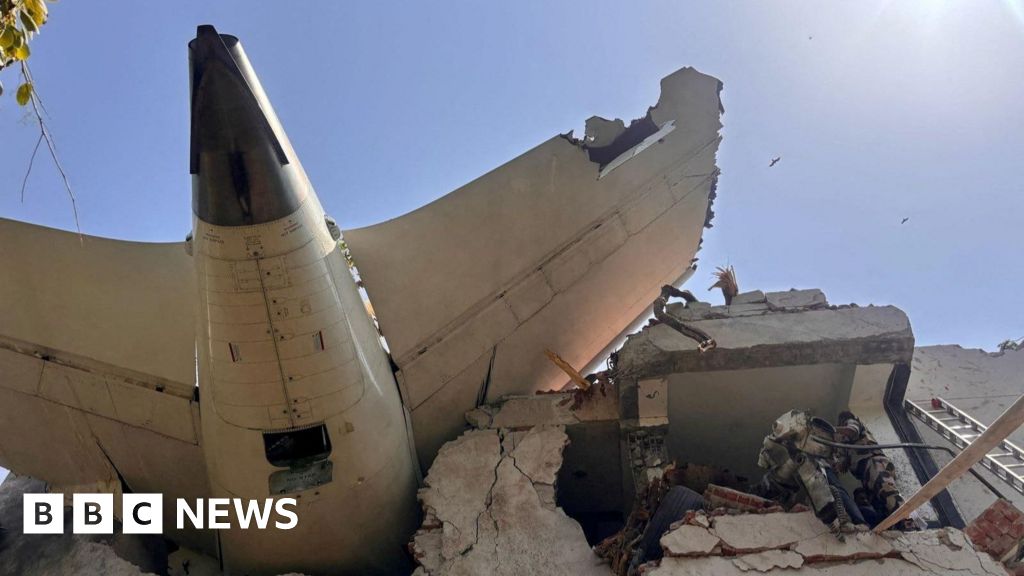G7 Summit in Disarray: Trump's Russia Remarks Spark Division and Renew Debate
2025-06-16

Daily Mail
The G7 summit has been rocked by controversy after former US President Donald Trump asserted that Russia's expulsion from the group in 2014 was a 'big mistake'. His surprising comments, delivered during a discussion on the ongoing war in Ukraine, have ignited a fierce debate among leaders and raised questions about the future of the international alliance.
Trump's assertion, made during a discussion about sanctions and strategies to address the conflict, directly contradicted the consensus reached by G7 nations years ago. He argued that keeping Russia within the group would have provided a channel for dialogue and potentially averted the current crisis. He further suggested that the expulsion, rather than Putin’s actions, was a contributing factor to the invasion of Ukraine, a claim that has been met with widespread criticism and skepticism.
The summit, intended to foster unity and coordinated action against Russian aggression and address global economic challenges, has been overshadowed by this internal disagreement. Leaders from the UK, Canada, France, Germany, Italy, and Japan have largely maintained their stance that Russia's actions in Crimea in 2014, which led to its suspension from the G7 (then G8), were unacceptable and a violation of international law. The expulsion was seen as a clear signal of condemnation and a demonstration of solidarity with Ukraine.
However, Trump's comments have injected a fresh layer of complexity into the already fraught situation. They highlight the ongoing divisions within the Western alliance regarding the best approach to dealing with Russia. Some analysts suggest that his remarks reflect a broader skepticism towards multilateral institutions and a preference for bilateral negotiations, a hallmark of his previous presidency.
The implications of Trump’s statements are significant. While he is no longer in office, his influence within the Republican party and among certain segments of the US population remains considerable. His views could potentially shape future US policy towards Russia and complicate efforts to maintain a united front against Putin's aggression. Furthermore, it raises questions about the G7's effectiveness as a forum for addressing global challenges when internal consensus proves elusive.
Beyond the immediate fallout, the controversy underscores the need for the G7 to reaffirm its commitment to shared values and principles, including respect for international law and the sovereignty of nations. It also highlights the importance of fostering open and honest dialogue, even when disagreements exist, to ensure the alliance remains a relevant and effective force in the world. The summit's final communique is expected to address these tensions, although the extent to which it can bridge the gap between Trump's views and the prevailing consensus remains to be seen. The world is watching closely to see how the G7 navigates this challenging moment and whether it can emerge with a renewed sense of purpose and unity.






